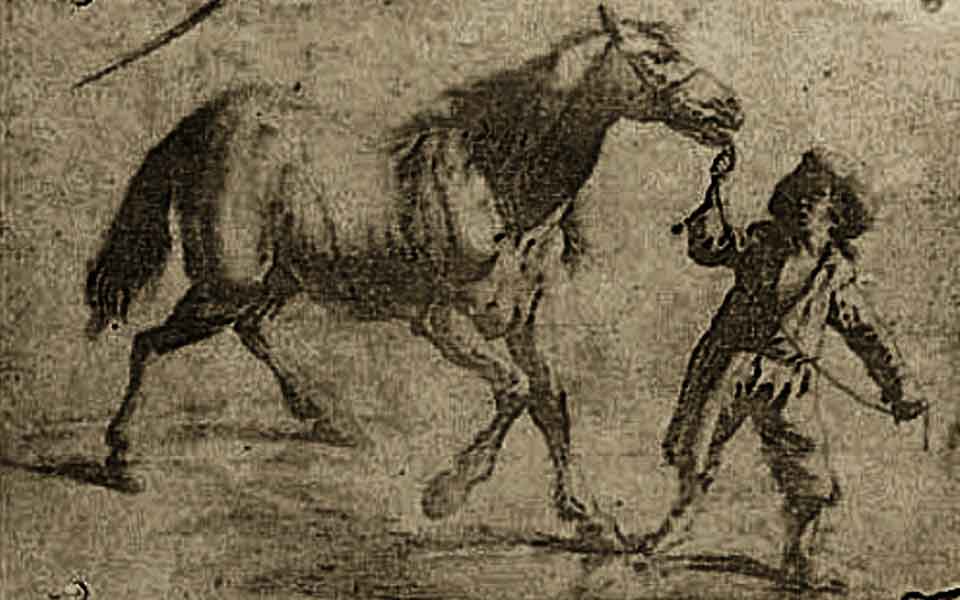Photography is ubiquitous nowadays. No matter where you go, there are always people taking selfies or jostling for the best position to take a snap of some beautiful scene, landscape or famous monument.
It is often said that the more someone takes a photograph of something, whether it be a place, an object or an event, the less they actually remember of the experience. Nevertheless, from the late 19th century onwards, photography has become a hugely popular means of self expression and mass communication. The rise of camera phones since the start of the millennium means just about everyone can try their hand at photography, capturing precious moments in time.

© Shutterstock
To that end, World Photography Day, held every year on August 19, is a global celebration of the art, craft, science and history of photography. Launched to support photography everywhere, and in whatever form, the interactive event invites people to post photos on its official website, and to “like,” comment and share. The platform also accepts submissions to be featured on World Photography Daily, for the whole world to appreciate and enjoy.
While photography has grown in popularity over the years, seldom do we think of the origins and etymology of the word “photography.” We know that the discovery and use of the so-called “camera obscura” technique – a darkened room or space with a small hole at one side projecting an image onto the opposite surface – may go back as far as the Palaeolithic, or Old Stone Age. Some scholars have argued that cave paintings, for example, may have been inspired by distortions of people, animals or natural features as seen through small holes in screens of animal hide. Early written records describing a “treasure house” or “collecting point” – an intersecting point of light viewed through a pinhole – date back to ancient China, while Greek philosophers and mathematicians Aristotle and Euclid both described the camera obscura effect in the 4th and 3rd centuries BC.

© Nicéphore Niépce (1765-1833) - Bibliothèque nationale de France
Modern usage of the term “photography” dates to the first half of the 19th century, with several individuals independently claiming to have coined the word in the 1830s, among them French-born Brazilian painter and inventor Hercules Florence (1804-1879), and English astronomer John Herschel (1792-1871).
Created from the Greek words “phos,” meaning “light” or “to shine,” and “graphe,” meaning “to draw” or “to write,” the compound literally means “to paint with light.” Interestingly, other suggestions by scientists and photography pioneers at the time included “heliography,” from the Greek for sun (“helios”), literally “sun-printing” or “sun picture.” This term is now used to describe an earlier photographic process using light-sensitive metal plates.
Wherever you are in the world, commemorate today by taking a photograph of something spectacular. Happy World Photography Day!












